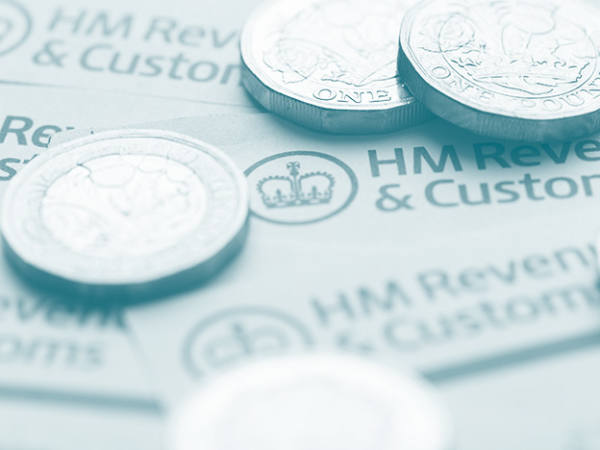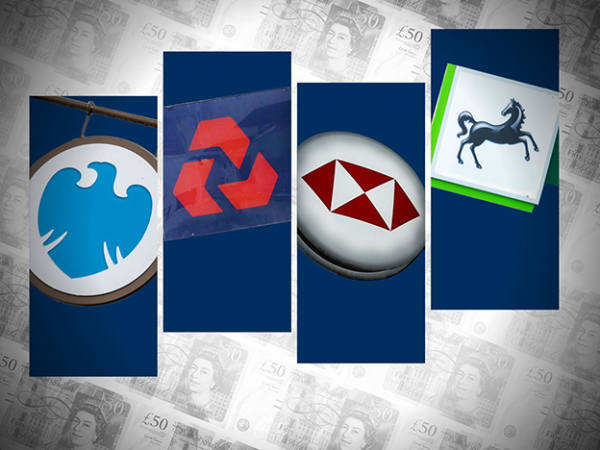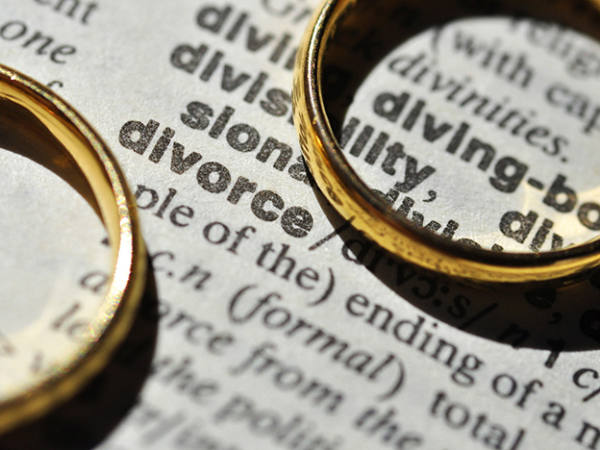- Many will have to pay tax on cash interest for the first time
- Don’t forget about foreign income, crypto and EIS
- Make the most of your pension contributions and charity donations
The 31 January deadline is fast approaching, which means millions of taxpayers will be gathering their receipts and working out what interest and profits they have earned, ready to do their self-assessment tax return. As of the beginning of the month, some 5.7mn people still had to file theirs, according to HMRC.
Getting organised ahead of time is more important than ever this year. If it turns out you need to contact HMRC for help, that won’t necessarily be an easy feat. The average waiting time for the phone helpline was already close to 24 minutes in October. Then in December HMRC said that, until 31 January, its self-assessment helpline would only focus on what it deemed “priority calls”, or “those that cannot be easily dealt with online”, and on helping people who cannot use digital services.
This is normally the busiest time of the year for the helpline, and the announcement drew sharp criticism. The Association of Chartered Certified Accountants said the lack of assistance would cause further worry and confusion to the many people who have to complete a self assessment for the first time this year, due to frozen income tax thresholds and rising incomes. It described HMRC’s service as “unacceptably poor”.
What you need to report
It’s not just the self-employed who need to file a tax return. Those with a taxable income of more than £100,000 also have to (this threshold will increase to £150,000 next year), as do people with other forms of untaxed income, including from renting out a property, savings, investments and dividends. Many investors will fall into at least one of these categories.
If you have holdings outside a tax wrapper such as an individual savings account (Isa) or a pension, any realised gains or dividends above the capital gains tax (CGT) allowance and the dividend allowance, respectively, are taxable. For the 2022-23 tax year, to which this month’s self-assessment deadline refers, the CGT allowance was still £12,300 and the dividend allowance £2,000. Both were halved from April 2023, a change investors will feel keenly in next year’s tax return bill.
You may have to declare your profits even if they are below the allowance. This applies if the proceeds of the investments you sold are at least four times the allowance itself, no matter the size of the gains. You should also claim your losses if you crystallise them – you have four years to do so. This can be helpful to offset your gains and reduce your CGT liability. Unused losses from previous years can also be brought forward for this purpose.
Evelyn Partners warns that disposing of assets can incur a CGT charge even if it is not a direct sale. “For example, giving away shares or an expensive painting to a family member might need to be declared,” the firm says. This does not apply when giving assets to your spouse or civil partner.
Remember to claim tax relief for any enterprise investment schemes (EIS) investments. BDO says you may also be able to claim the relief for investments made since April 2023 and thereby get the money faster. You will need the investment certificate provided by the company. If you don’t yet have that, you should submit an amended return once you receive it.
Crypto investors also need to declare their gains, something HMRC is keenly focused on. In December, it launched a voluntary disclosure mechanism urging people to declare unpaid tax on income or gains from crypto assets. Disposing of crypto assets for a gain generally incurs a CGT charge; and the Low Incomes Tax Reform Group (LITRG) warns this includes not just selling them for cash but also using them to buy things, including other types of crypto assets.
Additional sources of income also need to be reported. BDO tax experts say one common pitfall is the reporting of foreign income, such as money from renting out a property abroad, interest earned in overseas accounts, or funds in an overseas trust or pension. They add: “You might think that submitting a return in the jurisdiction where the income arises satisfies your UK obligations, but this isn’t the case. If you are a UK tax resident, you will normally be subject to UK tax upon your worldwide income and assets. While foreign income or gains are automatically reported to HMRC... you must still include them on your tax return, but you can claim relief for foreign tax paid on these sources.”
Income from 'side hustles' also needs to be reported. New rules require that online platforms such as Ebay, Vinted, Uber and Deliveroo collect and send information to HMRC from 1 January 2024. While there are no new tax obligations for individuals, those who should have been reporting their income from online platforms and have not been doing so are more likely to be found out by HMRC, the LITRG explains.
How to cut your tax bill
Two ways of mitigating your tax bill are to include charitable donations and pension contributions in your self assessment.
When you contribute to your workplace pension, depending on your employer's arrangement you may only receive basic-rate tax relief of 20 per cent. If the employer operates on a 'relief at source' basis, higher and additional rate taxpayers can claim additional relief via their tax return. Those under 'net pay' or 'salary sacrifice' do not need to, as they will have already received the full relief.
Charitable donations work similarly. The first 20 per cent goes to the charity through GiftAid, but you can claim the rest. “People underestimate how much they can spend on donations. We all get emails about people doing marathons and fundraising, and if you keep track of them, they can add up,” Tremain says.
If you earn more than £100,000, charitable donations and pension contributions can also lessen the impact of the so-called 60 per cent tax trap. Your personal allowance goes down by £1 for every £2 that your adjusted net income is above £100,000, reaching zero at £125,140, which results in you paying a de facto 60 per cent rate of income tax on a portion of your income. But pension contributions and charity donations do not count towards your adjusted net income and can be used to lower it.
The same applies to the high-income child benefit charge. If you or your partner claim child benefit and you’re the highest earner in your household with an adjusted net income of more than £50,000, you pay back 1 per cent of the child benefit for every £100 of income you have over £50,000, reaching 100 per cent at £60,000.
Finally, if you have to work from home for all or part of the week, you may be able to claim tax relief for additional household costs. You can claim tax relief on £6 a week with no need to keep evidence of the costs – this equates to a £140 relief for additional-rate taxpayers, £125 for higher-rate taxpayers, and £62 for basic-rate taxpayers.









